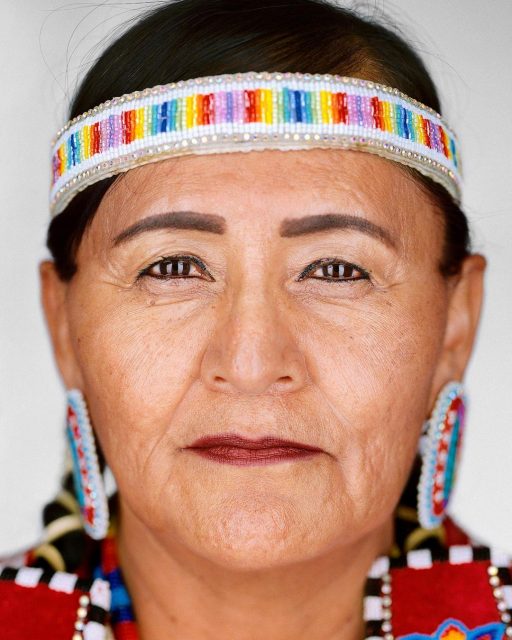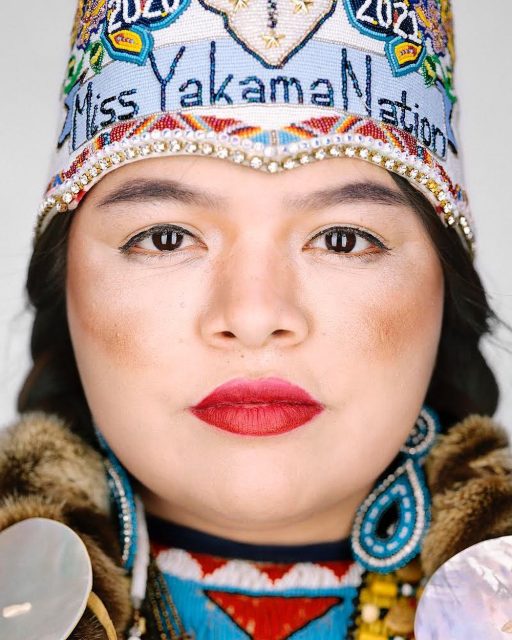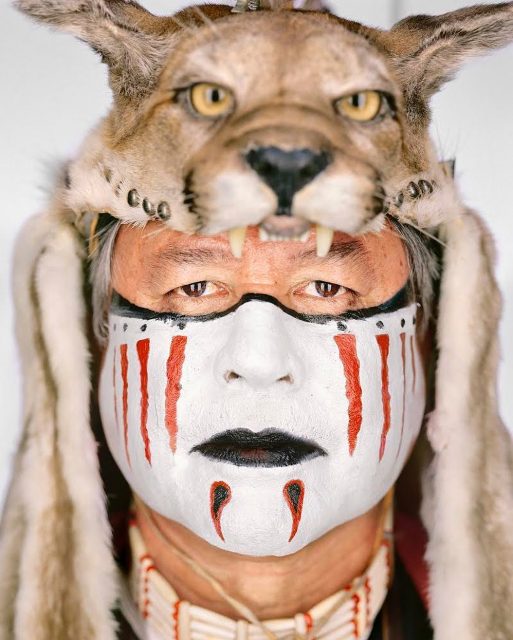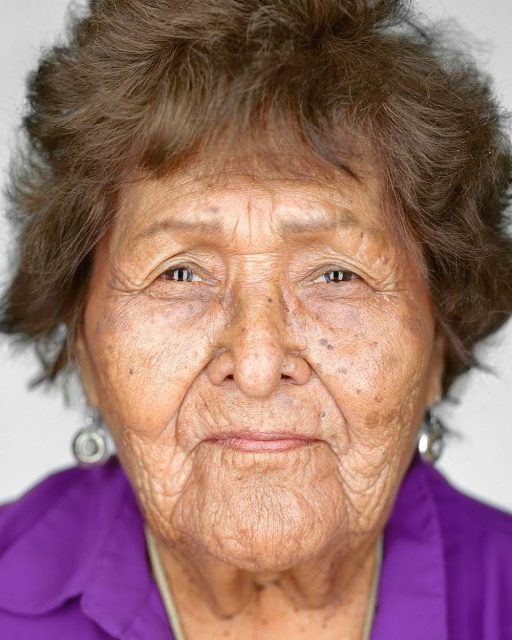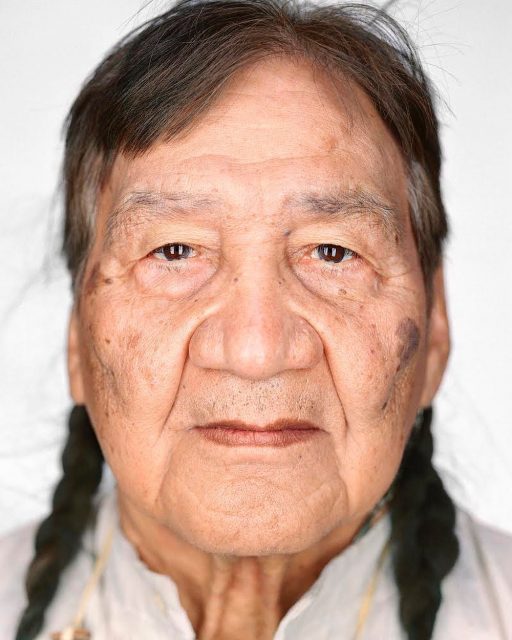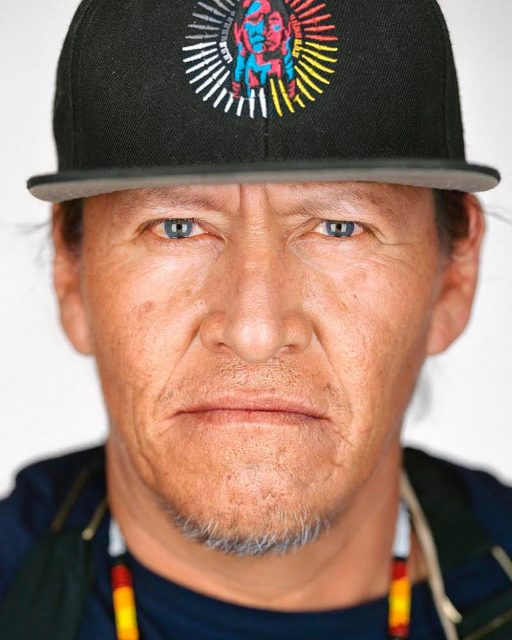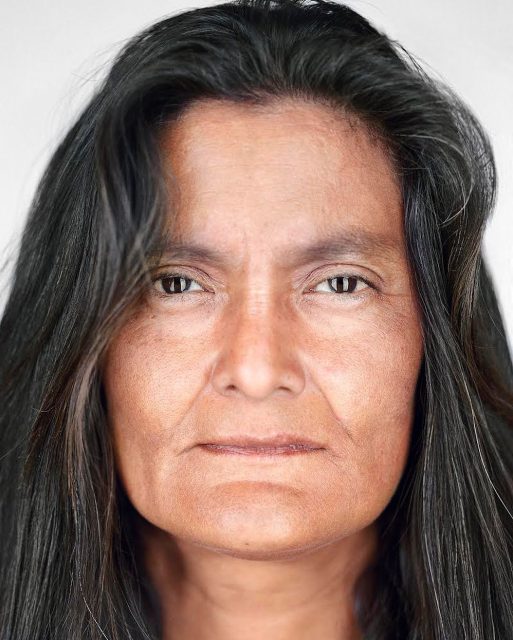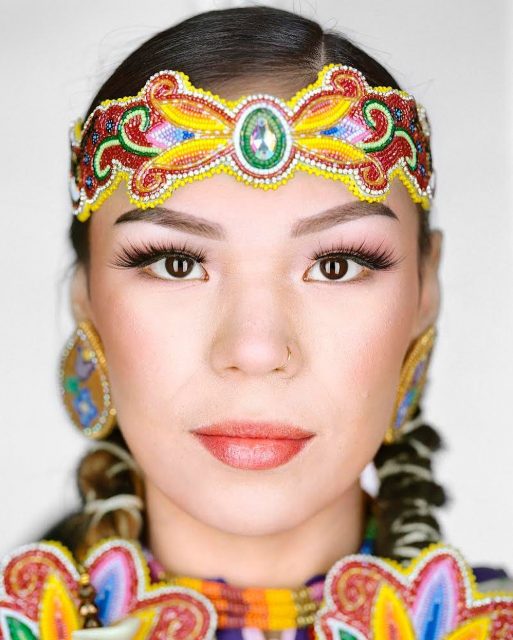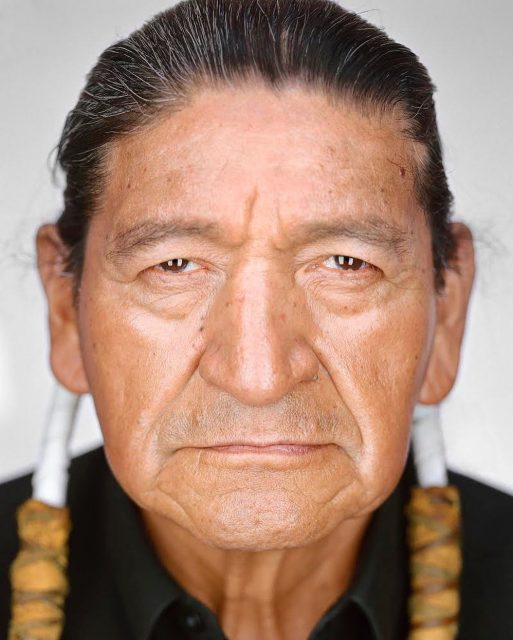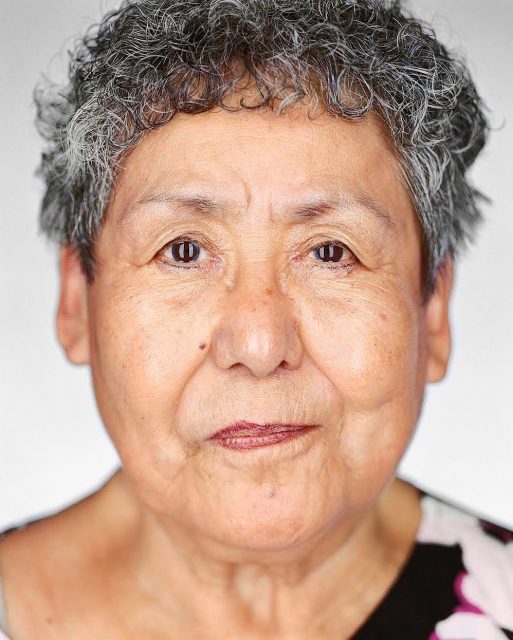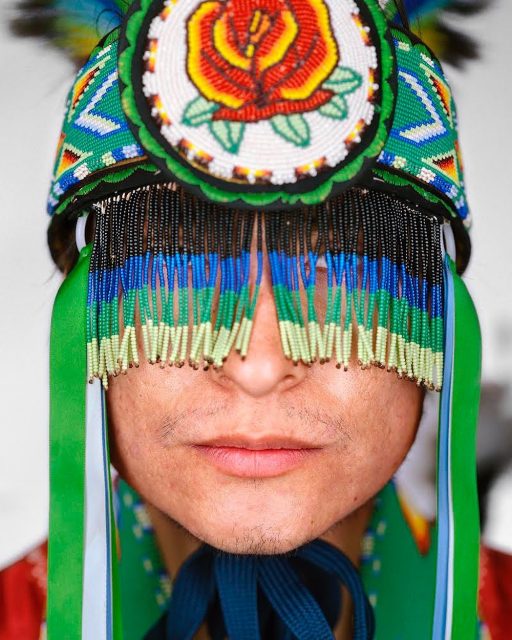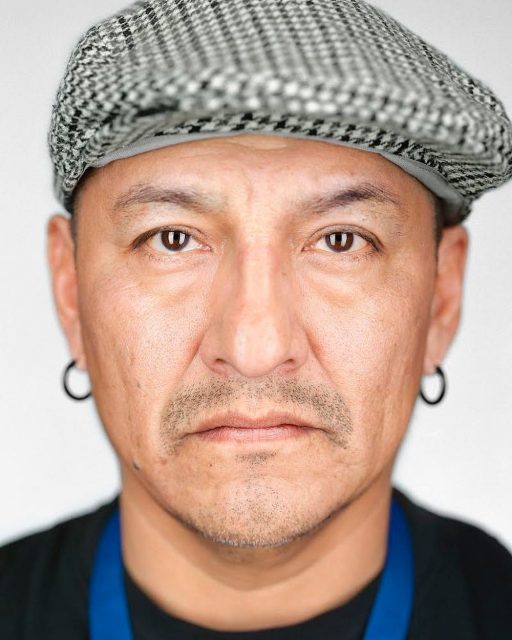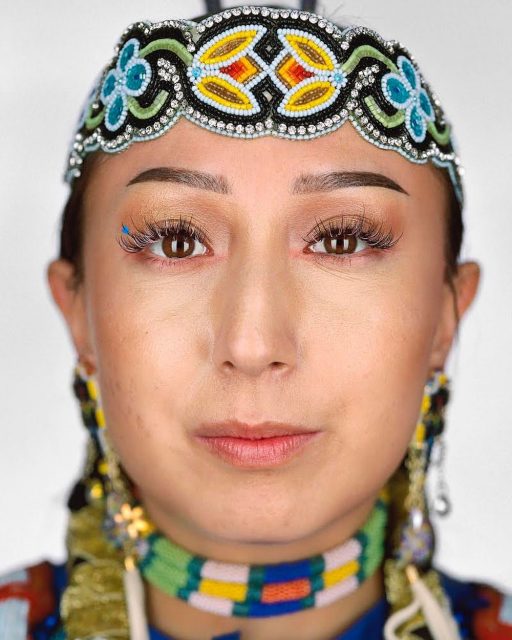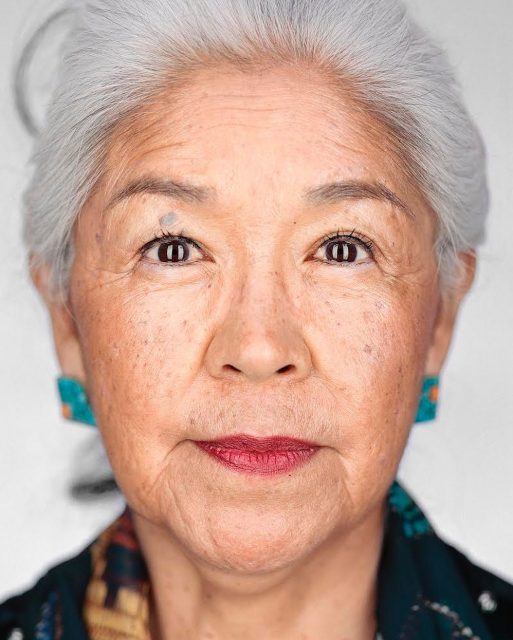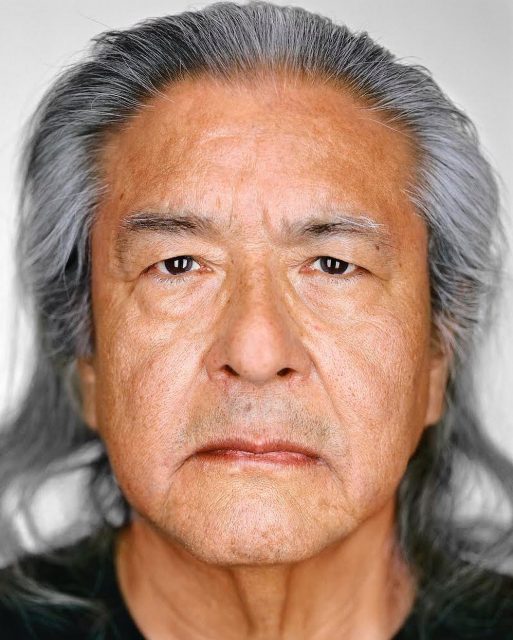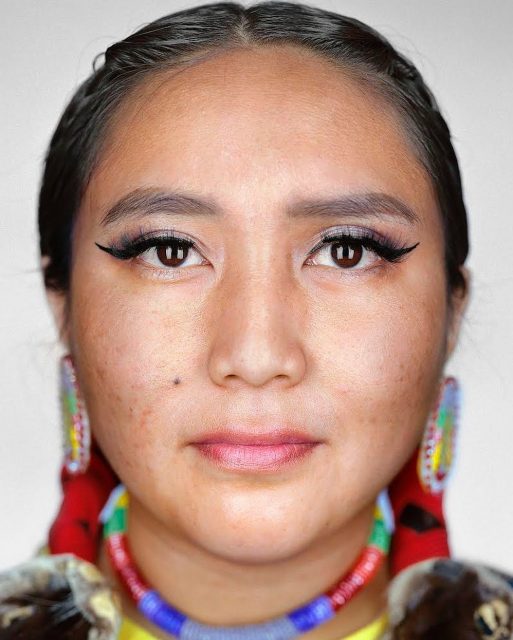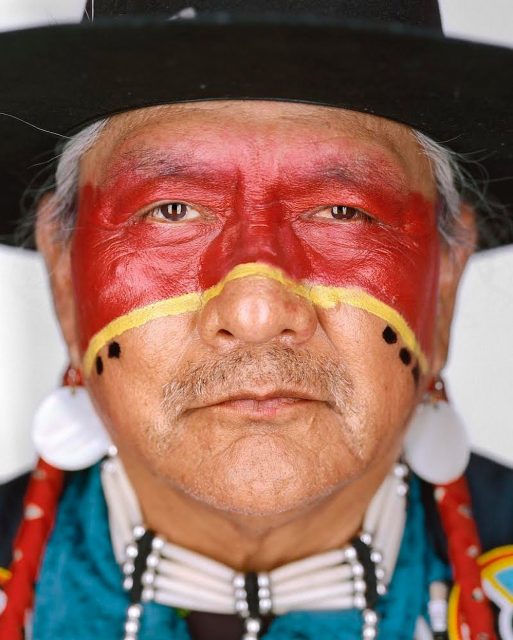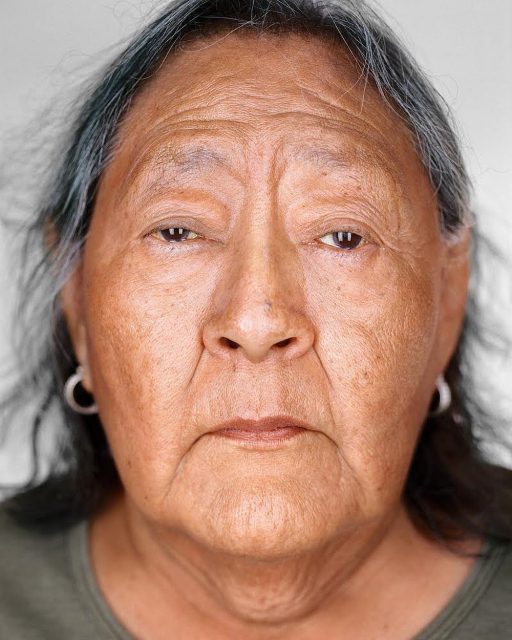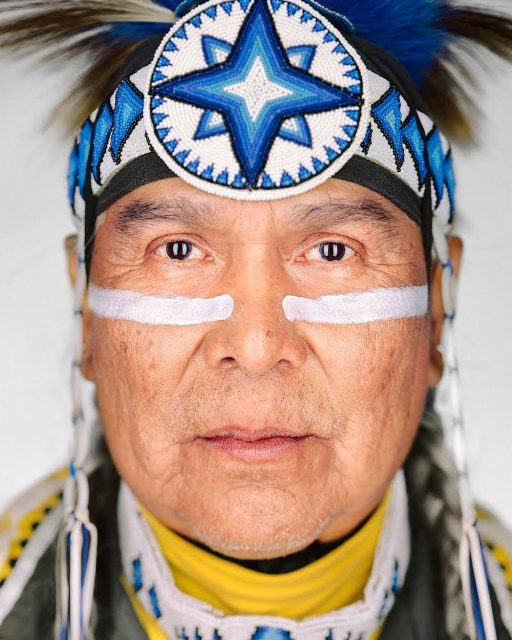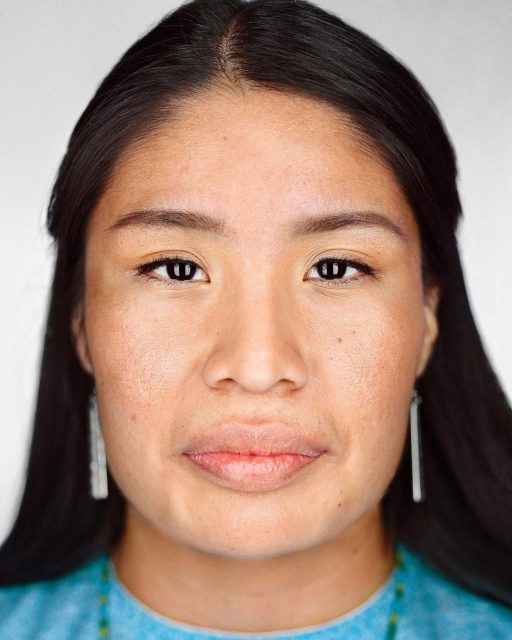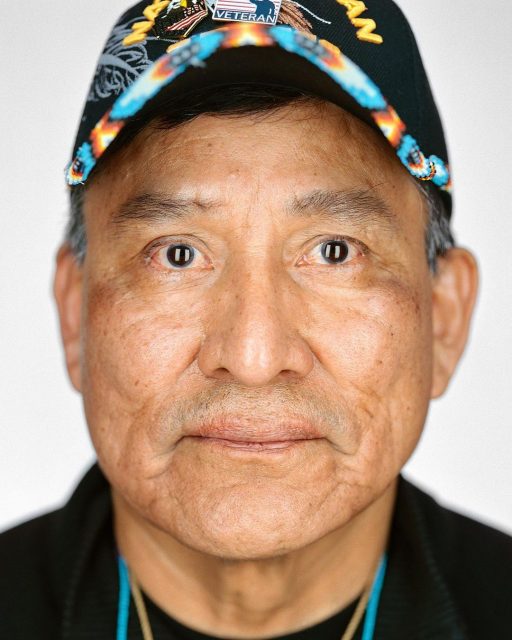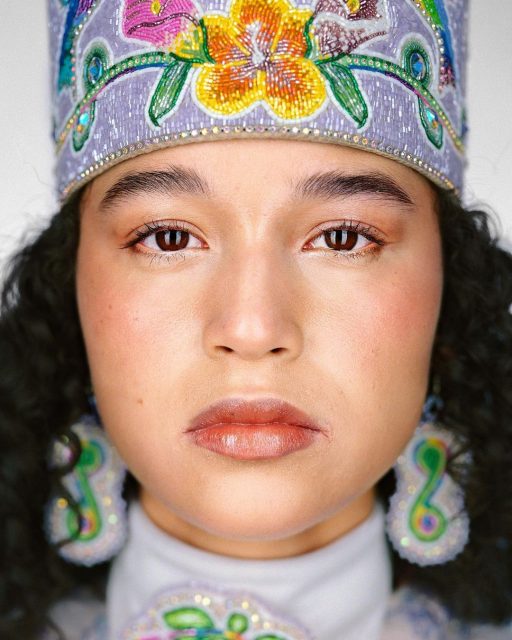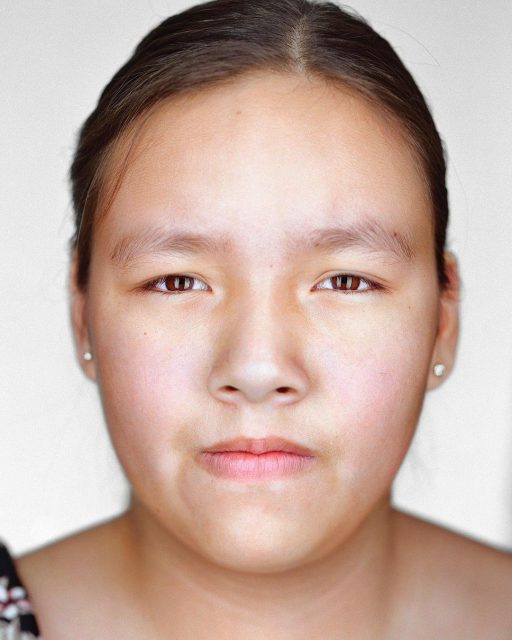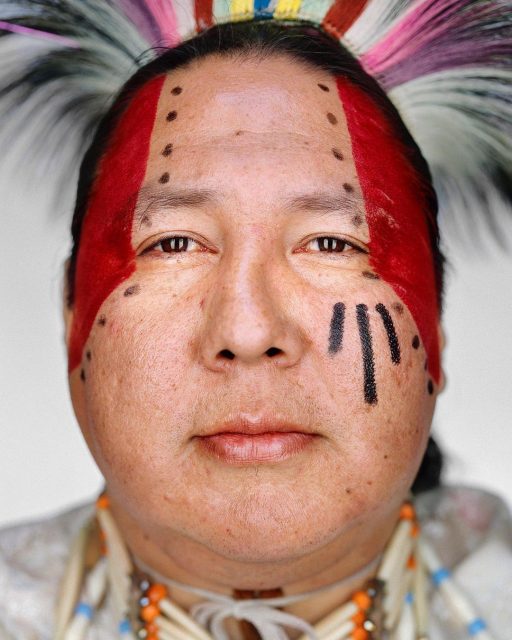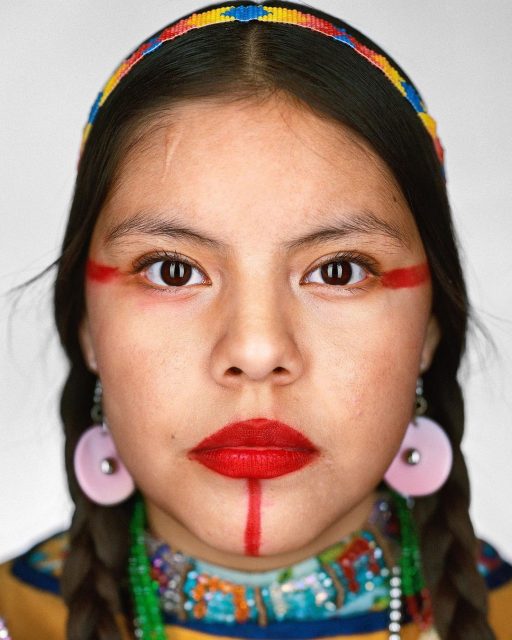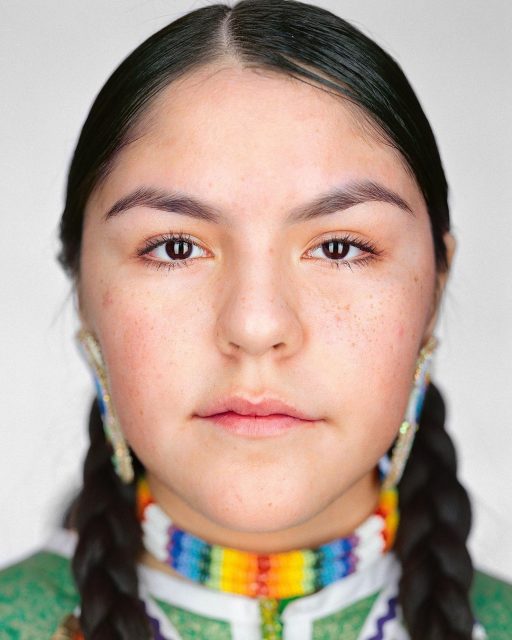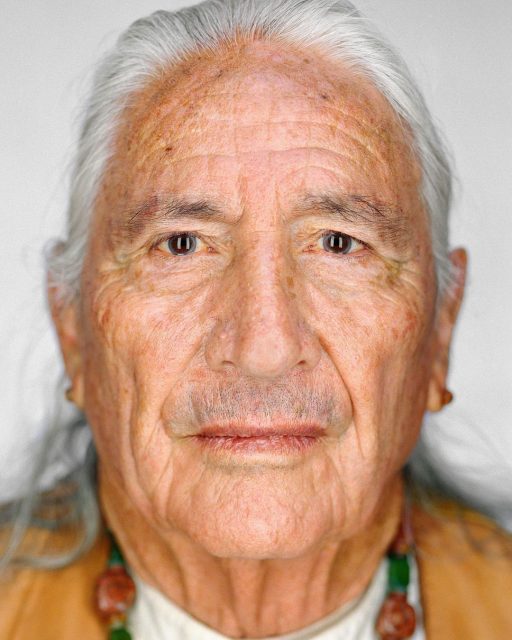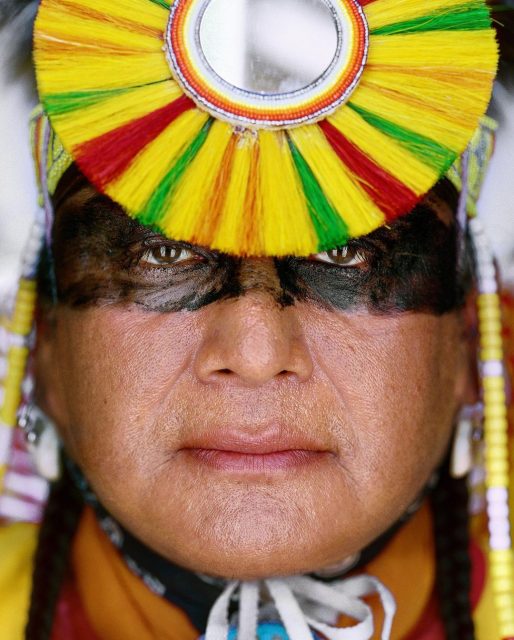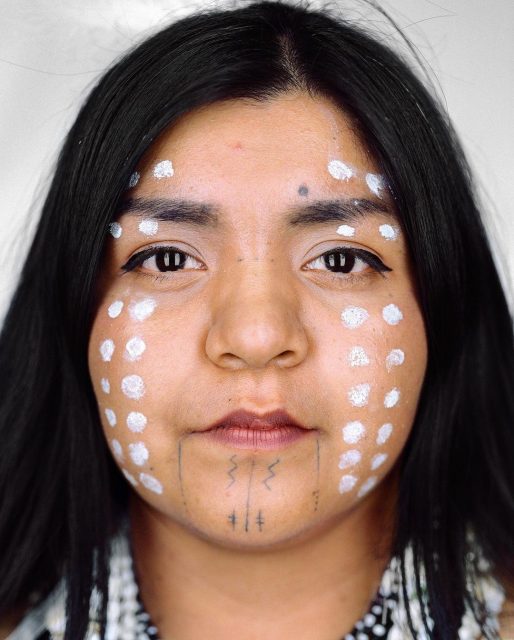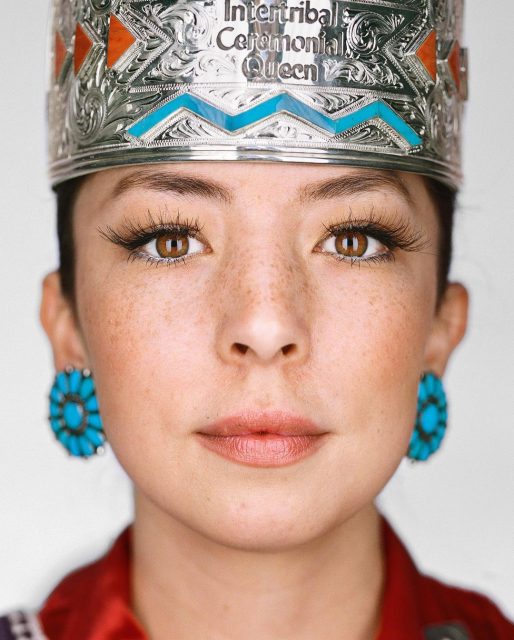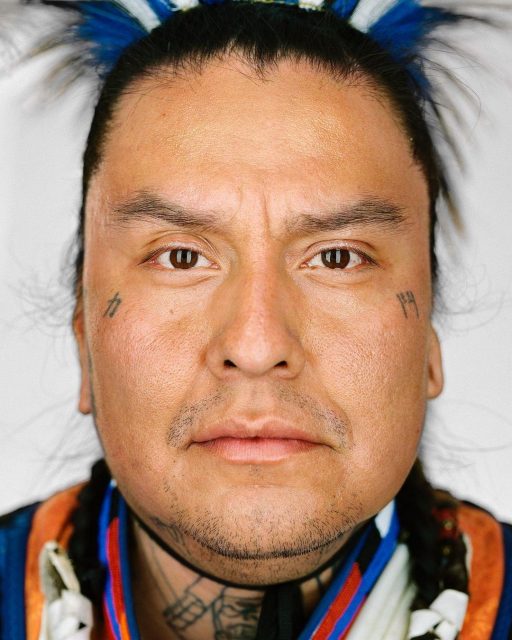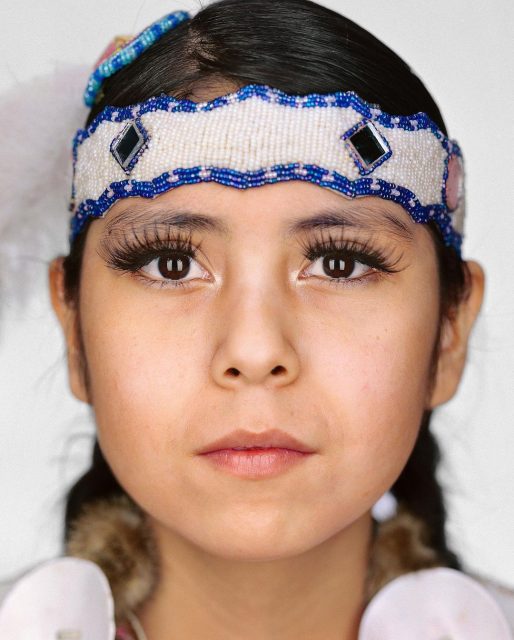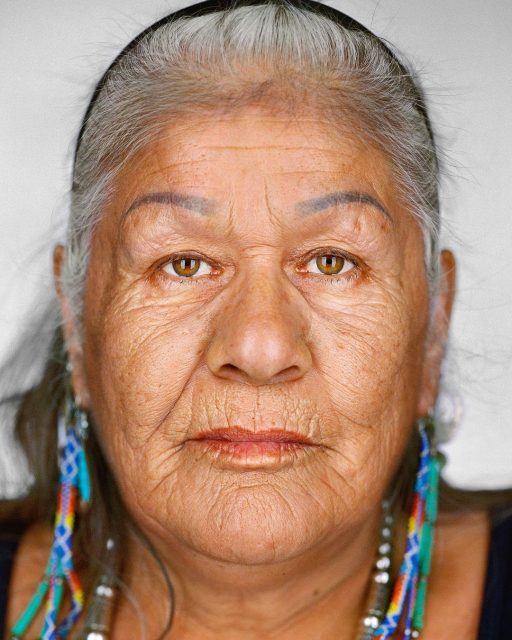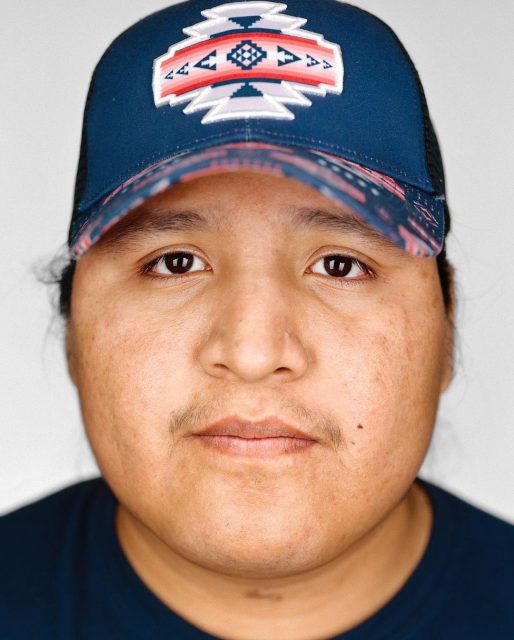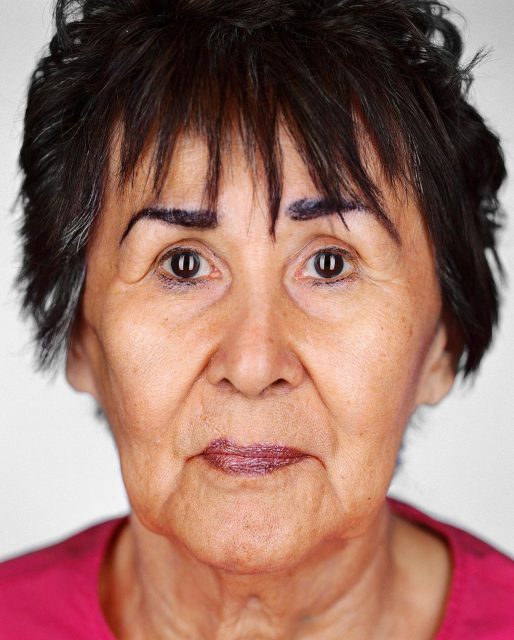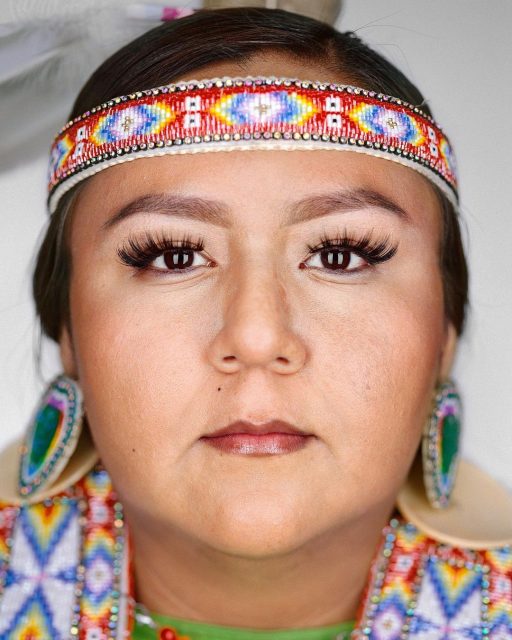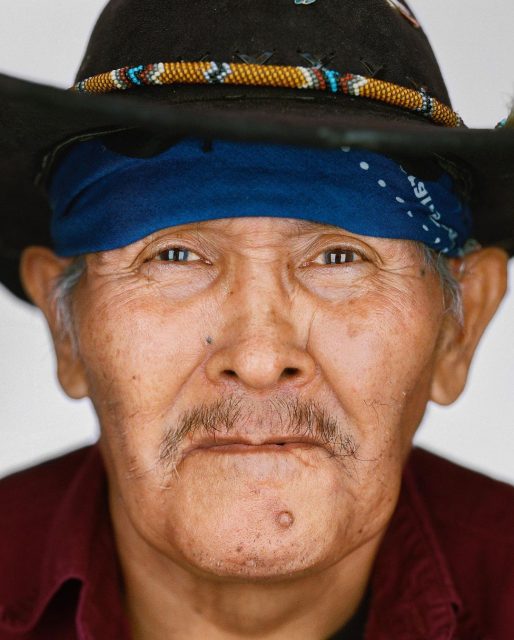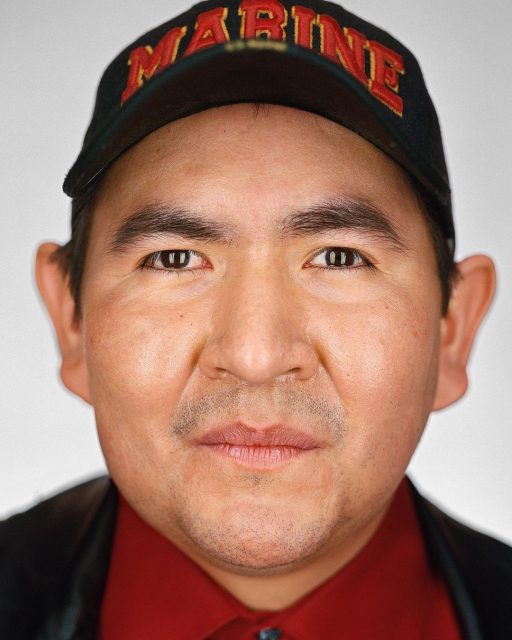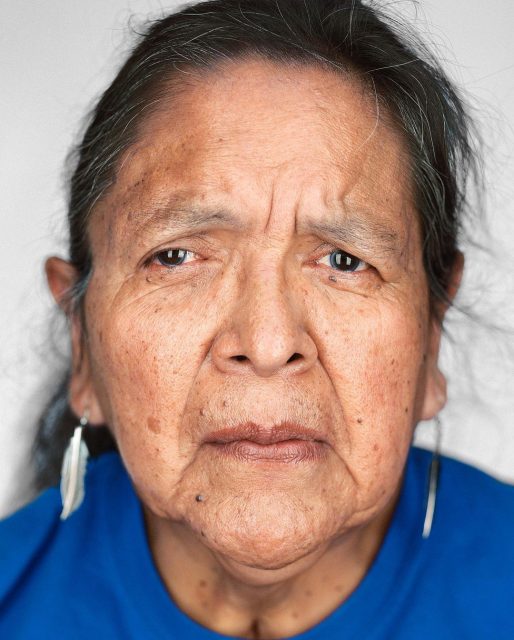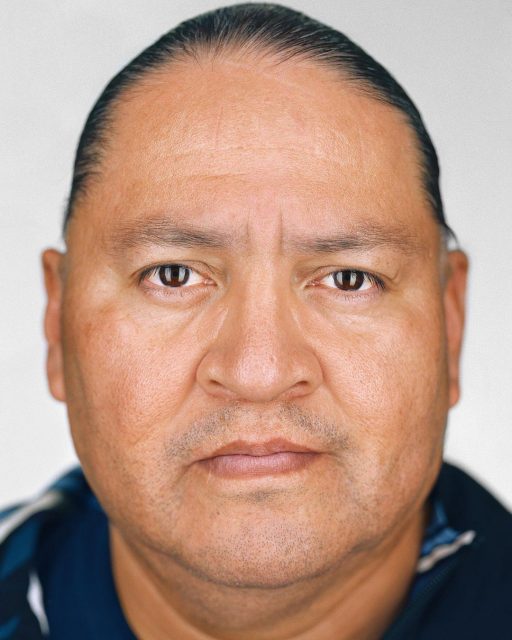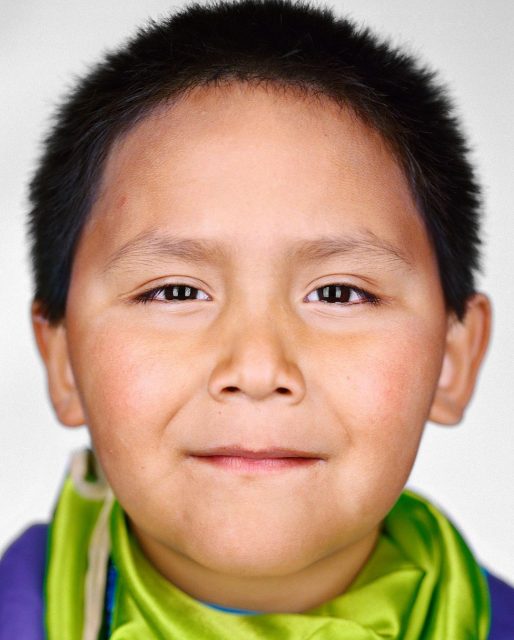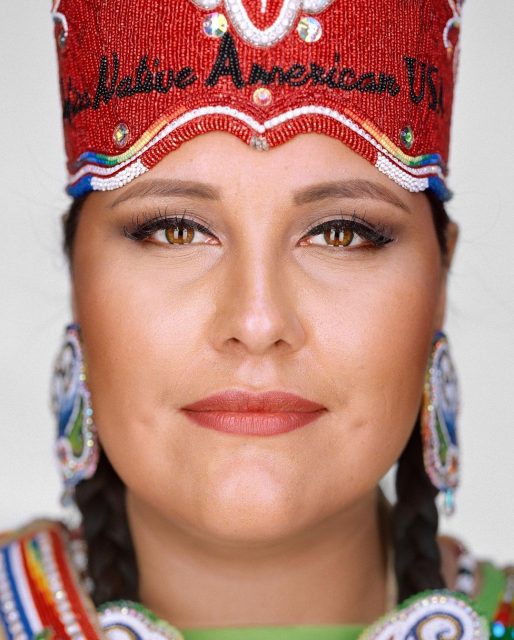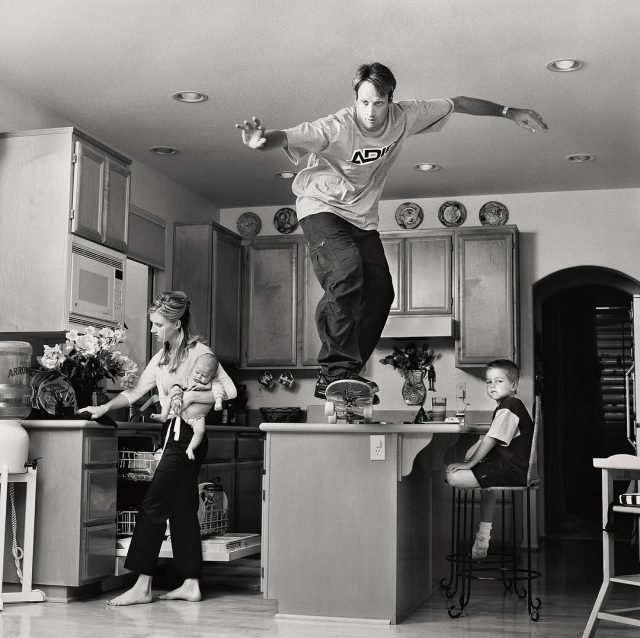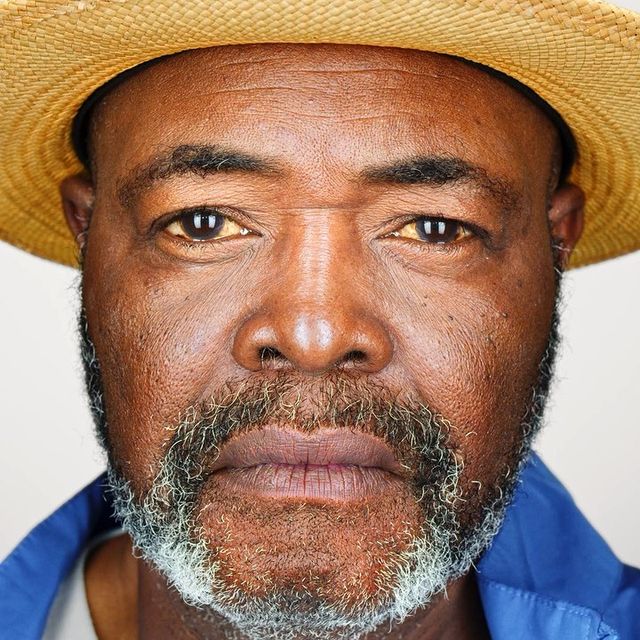“As a child in Germany I, and generations before me, were fascinated by Karl May’s adventure novels featuring Winnetou. During Christmas time the movies would be shown on TV, it was a top priority for my sister and I to have access to the TV for this monumental event (we didn’t always have a TV, it was the 70s and my parents for a while believed watching TV as a child made you dumb).
The books were written in 1893. May had never been in America and made up the character from stories that made their way back to the old world from the frontier in the new world. Winnetou is a fictional Apache warrior who fights with his friend Old Shatterhand against evil white colonists that are destroying and taking the Natives’ land. Winnetou’s character believes in an innate goodness in all of us — he is a fierce and skilled fighter, but can also show compassion and kindness.
Winnetou was my and my sister’s childhood hero. We made our own bows and arrows, danced singing around fires, tried to build a Tipi and dressed as Native Americans for Fasching (a German tradition with similarities to Halloween). None of my friends would have dreamt of being a cowboy, they were the enemy.
I have learned and grown a lot since then, Karl May now reads differently. It at times has racist undertones and the characters are often built on colonial stereotypes, not a surprise considering the books are 140 years old.
Though much has changed, my reverence and fascination for Native American culture continues to linger. In April of 2022, I visited the Gathering of Nations Pow Wow in Albuquerque, New Mexico. Meeting, interviewing and photographing the many attendees was an enlightening and joyous experience.
Every year for the last 41 years, Native people from hundreds of different Nations gather to celebrate and share their culture. Though customarily Pow Wows are sacred and closed off to outsiders, we were honored for the opportunity to be able to witness the colorful dance and music competitions.
I was humbled to see many young people dedicated to continuing their culture and languages. Native people in North American lands have been oppressed, died from diseases their bodies had never encountered before and were murdered or expelled from their lands ever since Europeans stepped onto the continent. Yet hundreds of years later, their culture and traditions are still alive and well.
I thank all of those who took the time to sit with me and share their stories. Thank you for your trust, your vulnerability, and your unwavering spirit. ” ———— Martin Schoeller
